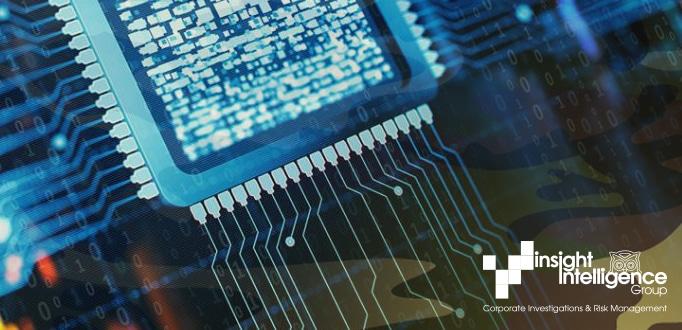Record Your Own High Quality Podcast

Human Intelligence Applications and Methods
Successful companies win the hearts and minds of customers, shareholders and public opinion. When success starts to fade, it is often down to a lack of competitive business intelligence or intelligence being used more effectively by competitors.
There is a plethora of business information systems, with dashboards aplenty, offering to provide you with useful business analytics. These are all well and good, but with some human intelligence, and a little military know-how, you can gain an even greater competitive edge.
Gaining and keeping that competitive edge over competitors is a constant process, a bit like an endless war. It is hard to win the war if you do not identify and respond to threats by utilising competitive business intelligence methods and tools, in particular human intelligence.
Human Intelligence is an information collection discipline that, contrary to common belief, does not involve clandestine operations. “Intelligence is information that has been collected from open and sensitive sources that result in the production of value-added information available for use by decision-makers”
Information has a value, it can be tangible or intangible. Information can be stored or simply be an idea and every information has a source. The root source of that information is typically a person, not a piece of hardware or software.
Furthermore, we should define the ‘document’ related to the information in terms of its known source, author and validity.
Today’s internet driven world is an open market of information, accessible to anyone at any given moment. You can usually find as much as you’d like to know about someone and they as much about you at the touch of a button.
It is hard to hide information and the electronic collection of open source intelligence (OSINT) is usually combined with some data analysis software. We witness every day how, despite all this information, the global market can be unpredictable and volatile. Most corporations struggle to respond to critical situations and those that prevail have the right information about the product, company, country, economic situation and they know how to use it.
My military intelligence training showed me that gaining a winning competitive edge is not so much about super-fast computers and superior products, but about understanding the power of information and recognising the true value of key pieces.
Most large businesses deploy and utilise a vast amount of hardware and software to analyse open source information. The real question is whether that hardware and software can truly decide about Source reliability and Information Validity. Of course, they struggle and that is the point where the human intelligence discipline comes into its own.
When we talk about competitive business intelligence there are three types strategic, tactical and operational. Needless to say, the terms derive from military intelligence jargon, however some corporations will use more business terminology like forensic intelligence, field intelligence or investigative intelligence.
The three types of intelligence used by corporations, agencies, marketers and polling companies alike can be described as:
Strategic Intelligence – “seeing beyond horizon”, this type of intelligence provides insights which assist in creating responses, policies, procedures, marketing and sales. The prime usage of strategic intelligence is in creating successful long-term corporation objectives.
Operational Intelligence – is an intelligence product which support corporations in preventing fraud, IP theft and criminal activities as well as managing resources in order to achieve operational key objectives.
Tactical Intelligence – this type of intelligence supports immediate corporations’ requirements such as investigations or understanding a competitor’s move in the market which require an immediate response.
By adopting human intelligence as a part of competitive business intelligence in a corporation the process begins and ends with a decision maker. With the help of some military know-how, the human intelligence officer helps guide the decision-making process and highlight the truly key pieces of intelligence.
The result, the organisation is able to build and maintain a competitive advantage and have the winning edge over its competitors.
Mario Bekes
Director, Insight Intelligence
© Mario Bekes. All rights reserved. | ABN 62 757 932 640 | Suite 6, 11 - 13 Brookhollow Avenue Bella Vista NSW 2153